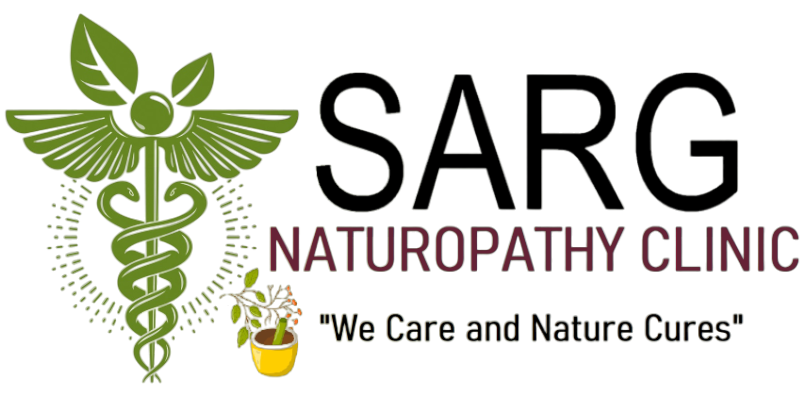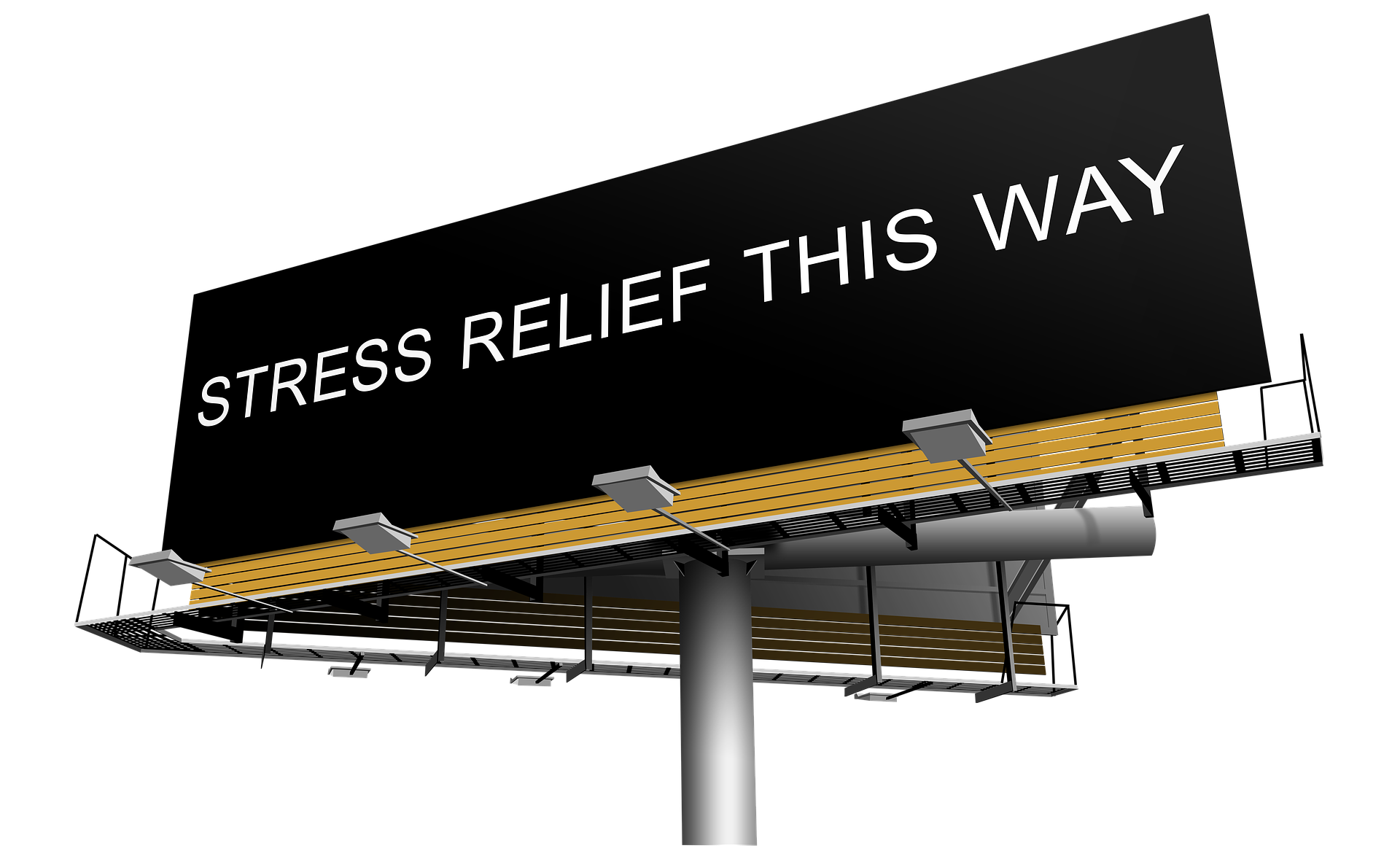Get Freedom from Stress! The10 permanent Solutions
What is Stress?
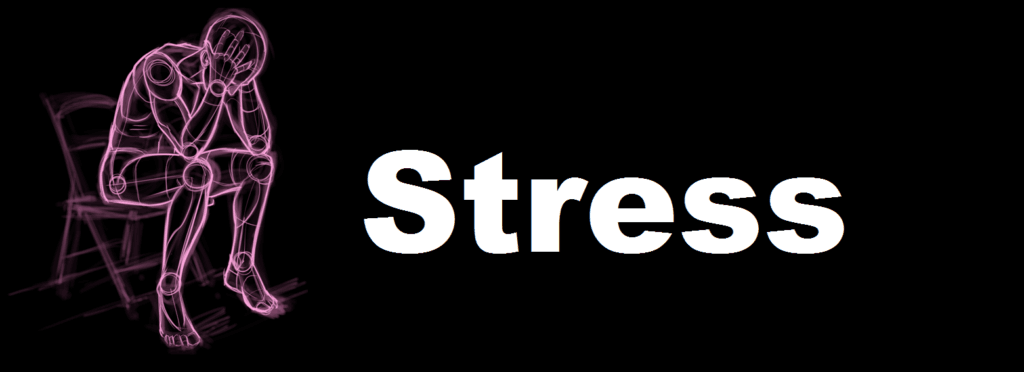
Stress is a type of bodies own emotional, physical, cognitive and behavioral response to different stimulus and situations which are found to be challenging and threatening.
it manifest itself in several different forms such as physical problems like unusual fatigue, sleep disturbances and pain in several area of the body. Every individual respond to the situation of stress differently some start eating too much some cry a lot, some take up activities and habits such as smoking and drinking.
Several times it can be expressed in the form of aggression and emotional outburst where people tend to throw things and may also cause damage to them. Emotionally those under stress experience anxiety, fear, and depression.
Several metal problems can also be linked to stress such as poor memory lack of concentration and loss of their sense of decision making.
In modern days it is present in abundance in everyone’s life and we think of it as a negative experience but when seen as a natural mechanism it can be neutral, negative as well as positive. Stress is often related to both external and internal factors. These external factors may include physical environments Such as your relationship, your job, your socio-economic status, your expectation with others, and others’ expectation towards you several challenging situations which you confront on a daily basis.
Internal factors are often related to your body’s ability to respond and deal with stress-inducing factors. These factors are the body’s normal fitness levels, any physical or mental disorder affecting the body and the mind, your body’s nutritional status, and the amount of sleep and rest you get daily.
To deal with stress the first and foremost thing which needs to be considered is to reconsider your lifestyle and make the essential requirements so as to reduce the factors causing stress.
One should reconsider bringing specific dietary modifications so as to meet the nutritional demands of stress.

Signs and Symptoms of Stress
Every person responds to stress differently but some common symptoms which are likely to appear are –
- Excessive weight gain or excessive weight loss
- Hair fall problems
- Body aches and increased Muscle tension
- Loss of self-esteem, Hopelessness, feeling of loneliness
- Excessive Anger, Sudden emotional outburst
- Bowel irregularities
- Irregular eating habits
- Sleeplessness or excessive sleep
- Poor memory and concentration
- Lack of Interest, Lethargy
- Easy irritability, feeling Trapped or Isolated
- Regular Headaches or Prolonged Feeling of Heaviness
- Nausea and Vomiting may also occur in extreme cases
Management of Stress: The Powerful Guide

1. Take a Break

Continuous exposure to physical, mental, and environmental factors results in stress taking a break from your daily routine helps to eliminate these causative factors and recharges your mind with a sense of positivity and makes to less prone to stress.
During the period of break you can take up activities which you love to do, Travel or can simply spend time with your family and loved ones. Enculcating a hobby and taking out time for it is a good way of stress reduction.
Sometimes emotional support is found to be enough for coping with stress.
2. Consider making Positive changes to your Diet

One should have a well balanced diet rich in nutrients
Diet should comprise a programmed combination of food so as to achieve the body’s nutritional goals. One must have liberal quantities of seeds, nuts, and grains
Surplus amounts of vegetables and fruits should be included in daily diet
Special foods such as Yogurt, seeds such as pumpkin seeds, sesame seeds popularly known as til in India, alfalfa seeds, flax seeds, chia seeds, and sunflower seeds and sprouts made from green gram, asparagus, etc.. and also nuts such as macadamia nuts, almonds, and walnuts.
Such foods are proven to be very helpful in relieving symptoms which may result from stress such as insomnia, Migraine and cramps during menstruation.
Vitamins and minerals have a significant physiological role during the conditions of stress specially Vitamin A and B and minerals such as calcium, magnesium and potassium which significantly decrease anxiety and irritability resulting from stress.
Sources of vitamin A are green and yellow vegetables and those of vitamin b are cashews, green leafy vegetables, bananas.
Vitamin B5 is commonly known as anti stress Vitamin an is very important to reduce the activity of stress hormone such as cortisol in the body.
Holy basil is one of the best remedies for stress; one should take 10- 12 leaves daily.
One should avoid certain kinds of foods which are found to be linked with stress production and aggravation such as caffeine, Soft drinks, excessive sugary and salty foods, alcohol, foods which consists of excessive trans fat and also lack any nutrients such as packaged chips or street foods.
3. Go For a therapeutic Fast
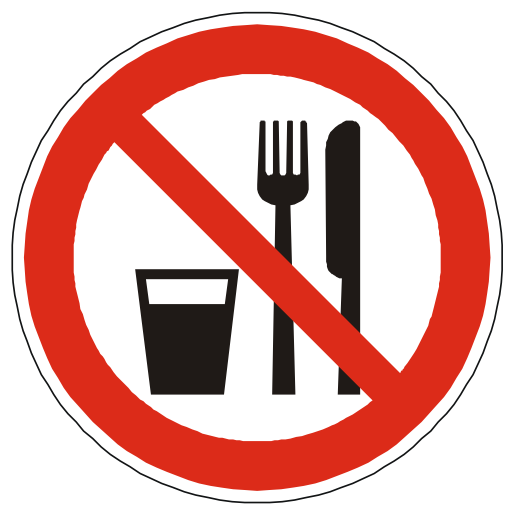
Several research studies show that stress and diet have a direct relationship; stress has found to result in gastrointestinal abnormalities such a diarrhea and on the contrary also constipation, stress may result in disturbance of eating habits.
Considering a short therapeutic fast for 5 to 7 days helps to regain normal intestinal functions as well as increase the neuronal brain activity and help in the production of Brain-Derived Neurotrophic Factors as a result of which there is increased synaptic plasticity and increased tolerance to stress.
One should seek for 5-7 days of small fast or May also go for a short Kalpa or can also go for intermittent fasting.
4. Take up these Hydrotherapy Measures
What else can be better than water when it comes to alleviating stress?
Water is a known therapeutic agent for centuries and is of great use in reducing the symptoms of stress as well as enhancing positive well being
Warm Water immersion should be taken for 20-30 min this helps in reducing stress by enhancing your biofeedback mechanism.
Warm Foot bath for 20 min is also one of the go to measure which can be taken at anytime is helpful in providing relaxation and thus reducing stress thereafter
Also you can go for underwater massage and pool therapies if you have access to some facilities nearby.
Cold water therapies are an important therapeutic measure in treating depressive disorders. You can apply cold packs to eyes to reduce caused due to excessive screen use.
Other measure including abdomen packs, cold hip baths and spinal sprays are also very useful.
5. Practice Relaxation techniques
Relaxation technique have been proven scientifically of great help when the body is under stress. Practicing them daily helps to maintain a state of tranquility and conditions mind to remain calm during conditions of stress.
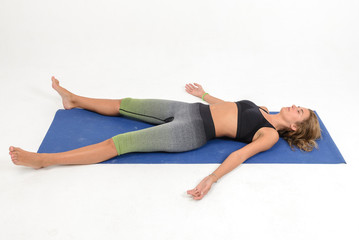
Some of these techniques are:-
1. Instant Relaxation Technique is one among the yogic relaxation techniques this technique is very useful in reducing stress and rejuvenating the body completely.This is very easy to perform at your home, office or wherever you can think of just a few minutes and all your stress and anxiety vanishes in no time You can also use this technique post work out
2. Quick Relaxation Technique this technique is also very useful in reduction of stress and is very easy to perform
3. Deep Relaxation Technique is one of the best relaxation techniques and should be practiced after a stressful day and can also be performed in morning. it provides deep healing as well as a sense of permanent relaxation through out the day.
6. Try adding physical exercise to your daily routine
Regular physical exercise is found to be very helpful in reducing stress to greater extent
One most undertake daily one hour of physical activities such as jogging, running, playing games, cycling, doing yogasanas etc….
Brisk walking for 45 minutes has proven to be very useful and proven ways of stress reduction.
7. Add yogic practices to your daily routine
One can practices Yogasanas, Kriyas and also pranayams which not only reduces stress physically but also provides mental relaxation
Asanas such as Dhanurasana, Pawanmuktasasna, Sarvagasana, Hal asana, Ardhamatsyendrasana, Bhujangasasna, Yogamudra, padmasana, Trikonasana can be practiced daily.
Pranayamas such as Nadi-suddhi, Kapalbhati, Sitali, Sitkari, and Bhramari should be practiced along with asanas.
Practicing Kriyas such as Jalaneti and Kunjal kriya have a potential benefit of reducing stress.
Several Mudras can also be practiced to distress yourself such as Gyan Mudra, Pran Mudra, Agni Mudra, Prithvi Mudra, Vayu Mudra and Surya Mudras
8. Go for a Massage

Massage is proven measure for treatment of stress. Massage enhances the parasympathetic activity in the body and thus reduces the overall stress response
Massage for about 45 minutes is recommended to improve psychological status as well as decreases the symptoms of stress such as fatigue and muscle tension.
9. Proper Management of sleep wake cycle.

Rest is one of those essential factors which is required for overcoming stress. One must consider about 8 hours of sleep daily so as to enhance bodies complete relaxation. Management of proper timing of waking and sleeping in required in reducing stress. Also one must not use any electronic gadget one hour before sleep as it results in disturbed sleep patterns.
10. Consider Professional help
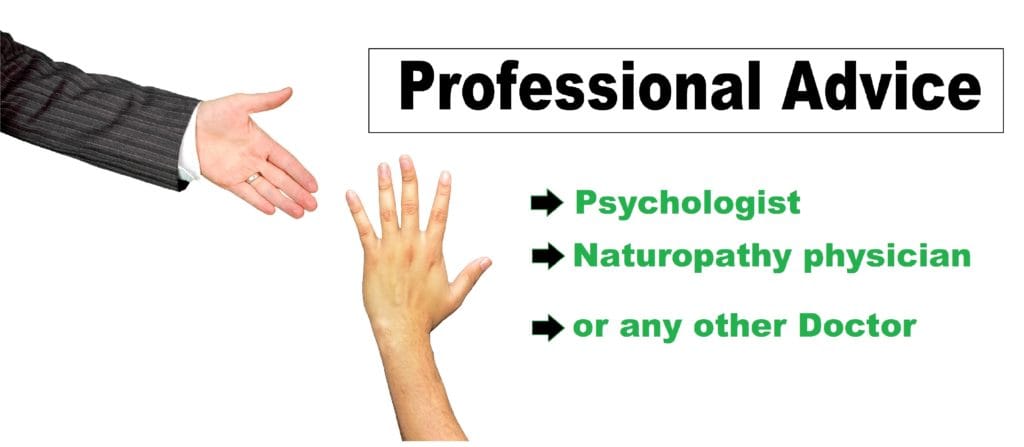
Stress when it increases to a great extend hinders with normal activities and can also result in poor mental which may also progress to mental disorders. Taking essential action becomes necessary especially when things go out of hand in such cases one should seek for professional help.
But the question here is who should be consulted a psychologist is your go to option in hand, also you may seek help from a normal physician who can give you the necessary advice and guide you towards positive health
A Naturopath can be of great help in such a situation where he/she would seek a holistic approach of treatment through several modalities of Yoga and Naturopathy.
One must be aware that popping antidepressants and pills are not any permanent solutions to your problems; they can just help you in reducing symptoms but won’t treat them.
